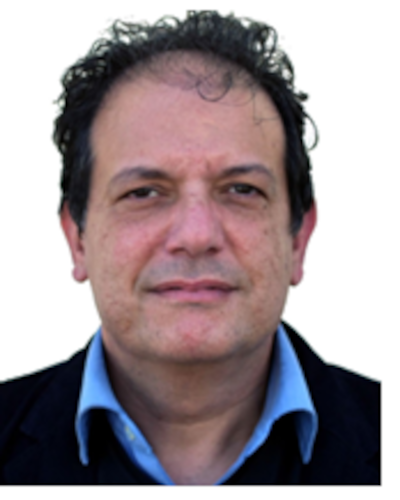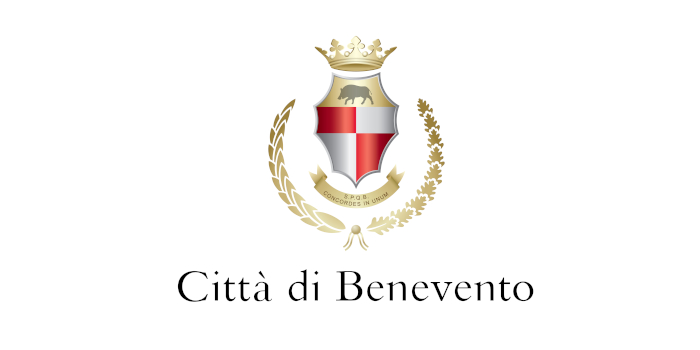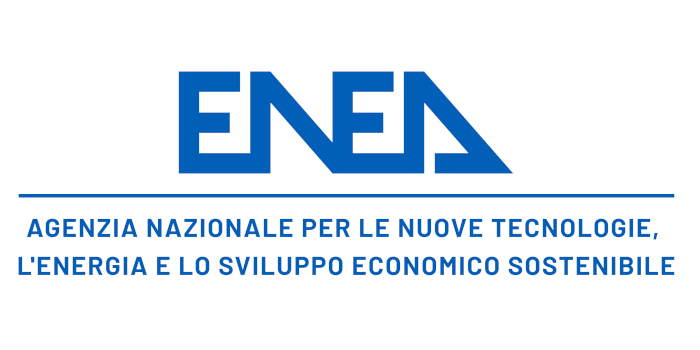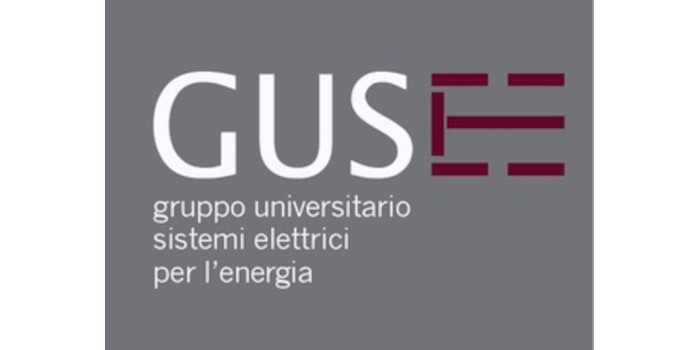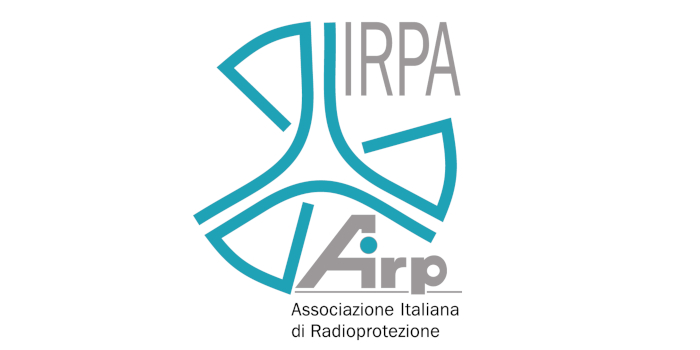SPECIAL SESSION #5
Smart devices, biomedical technologies, and automated diagnostics for sustainable and intelligent healthcare
ORGANIZED BY
Vittorio Santoriello
University of Naples Federico II, Italy
Alessandra Franco
University of Naples Federico II, Italy
Francesco Amato
University of Naples Federico II, Italy
Maria Romano
University of Naples Federico II, Italy
ABSTRACT
The rapid advancement of smart devices, biomedical technologies, and automated diagnostic systems is reshaping healthcare models toward more sustainable, intelligent, and prevention-oriented approaches. This special session aims to explore the role of advanced sensing technologies and continuous monitoring systems, often embedded in wearable or ambient devices, in collecting reliable, high-resolution data that is crucial for early and personalized diagnostics.
Particular attention will be given to AI-powered diagnostic tools for the analysis of physiological signals and biomedical images, which support timely and accurate clinical decision-making while reducing costs and resource waste. The session welcomes contributions focused on energy-efficient, interoperable, and scalable solutions that can be seamlessly integrated into existing healthcare infrastructures.
The goal is to foster interdisciplinary dialogue among researchers, engineers, clinicians, and industry stakeholders toward the development and validation of enabling technologies that ensure accurate and reliable health-related measurements, supporting equitable, predictive, and sustainable healthcare systems.
TOPICS
Topics of interest include, but are not limited to:
- Wearable and implantable biomedical sensors;
- AI and machine learning for health data analysis and decision support;
- Signal processing techniques for physiological monitoring;
- Edge and IoT-based solutions for remote healthcare;
- Low-power and sustainable medical devices;
- Early detection and predictive models in clinical practice;
- Biomedical data integration for public health and personalized medicine;
- Metrology for validation and standardization in biomedical sensing.
ABOUT THE ORGANIZERS
Vittorio Santoriello is a Ph.D. candidate in Information and Communication Technology for Health at the University of Naples "Federico II", conducting research in collaboration with Reykjavik University.
He holds a Master’s Degree in Biomedical Engineering with a specialization in Medical Devices, graduating with top honors (110 cum laude) from the University of Naples "Federico II." His research focuses on the analysis of biosignals for personalized medicine, including heart rate variability (HRV), center of pressure, EEG, and electrodermal activity (EDA). His work is applied in various contexts such as automatic pain assessment, rehabilitation monitoring in Amyotrophic Lateral Sclerosis (ALS) patients, and postural control challenges.
Alessandra Franco is a Ph.D. student in Information and Communication Technology for Health (ICTH) at the University of Naples "Federico II". Her research focuses on the application of deep learning and advanced signal processing techniques to medical imaging, with the goal of enhancing diagnostic accuracy and supporting personalized therapies. She earned her Master’s Degree in Biomedical Engineering from the University of Naples "Federico II" in 2023, with a thesis titled “Deep Learning for Mammographic Image Denoising”. Her work focuses on radiomics, image denoising, and reproducibility analysis in MRI, with applications in neurological disorders and early diagnosis. She has also contributed to studies on telemedicine and the integration of advanced algorithms in clinical data analysis.
Francesco Amato received the Laurea and the Ph.D. degrees in electronic engineering from the University of Naples in 1990 and 1994, respectively. From 2001 to 2003, he was a Full Professor in automatic control at the University of Reggio Calabria. In 2003, he moved to the University of Catanzaro as a Full Professor in automatic control. From 2010 to 2018, he was a Full Professor in bioengineering. At the University of Catanzaro has been the Dean of the School of Computer and Biomedical Engineering, the Coordinator of the Doctorate School in Biomedical and Computer Engineering, and the Director of the Biomechatronics Laboratory. In 2018, he moved to the University of Naples Federico II as a Full Professor in bioengineering, where he is currently the Dean of the School of Biomedical Engineering. The scientific activities he has developed in the fields of systems and control theory, of computational biology, and of the modeling and control of biomedical systems. He has published more than 370 papers in international journals and conference proceedings and three monographies, two with Springer Verlag and one with Wiley. He has coordinated and reviewed various projects at the national and international levels and regularly works as a consultant for various companies.
Maria Romano received the Ph.D. degree in biomedical engineering from the University of Bologna, in 2004. From 2015 to 2020, she was a Researcher in bioengineering at the University of Catanzaro. In 2020, she moved to the University of Naples as an Associate Professor in biomedical engineering. Her scientific research has explored several areas of the biomedical field, mainly in the field of biomedical signal processing, by giving particular attention to the methodological approach and, where possible, to some clinical applications, and in the field of modeling and control of biological systems. More recently, her research has also focused on healthcare management. She is the author or co-author of about 150 Scopus-indexed documents, including about 50 articles in peer-reviewed international journals and has participated as a researcher in several research projects.



